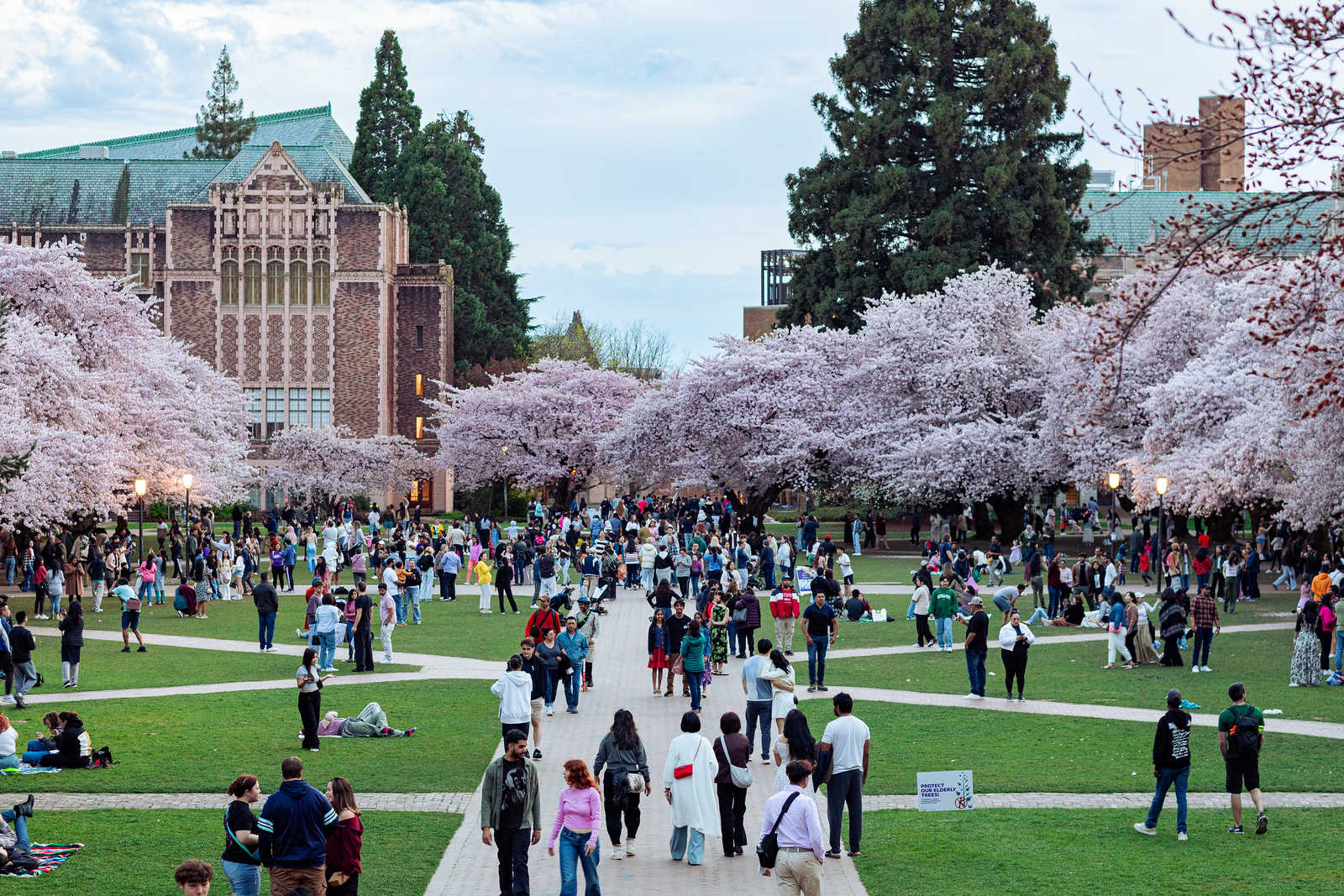ArtSci People & Research
The College of Arts & Sciences is home to many distinguished researchers, faculty, and students. Their work and contributions have been featured in media outside of the UW and across the country. Take a look at some ArtSci features from this past Spring Quarter. From AI to nature's poets, ArtSci in the Media has something for everyone!
AI, Technology, and Ethics
Explore human-machine interactions, artificial intelligence, and the philosophical implications.
Nobody wants a robot to read them a story! The creatives and academics rejecting AI at work and at home The Guardian
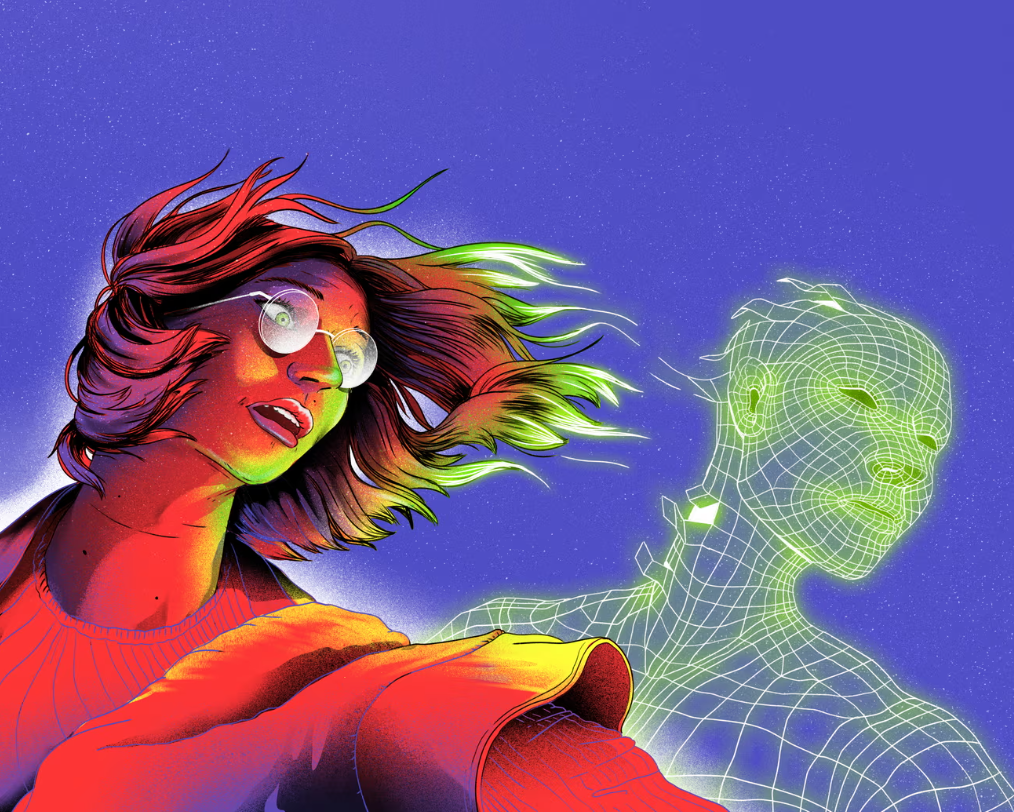
Is artificial intelligence coming for everyone's jobs? Not if this lot has anything to do with it. Emily M. Bender, professor of linguistics at the UW, is quoted.
Scholars explain how humans can hold the line against AI hype GeekWire
Don't call ChatGPT a chatbot. Call it a conversation simulator. Don't think of DALL-E as a creator of artistic imagery. Instead, think of it as a synthetic media extruding machine. Avoid thinking that what generative AI does is artificial intelligence. Emily M. Bender, professor of linguistics at the UW, is quoted.
When ChatGPT Broke an Entire Field: An Oral History Quanta Magazine
Researchers in natural language processing tried to tame human language. Then came the transformer. Emily M. Bender, professor of linguistics at the UW, is quoted.
The Great Language Flattening The Atlantic
Chatbots learned from human writing. Now it's their turn to influence us. Emily M. Bender, professor of linguistics at the UW, is quoted.
Art, Creativity, and Cultural Expression
Discover the visual art, music, design, and creative inspiration from the College of Arts & Sciences.
Watch: Henry Jackson-Spieker Cascade PBS
This multimedia artist translates the experience of being Black by asking viewers to navigate intricate installations of glass, metal, and wood. Henry Jackson-Spieker, assistant professor in the School of Art + Art History + Design at the UW, is a born-and-raised Seattle artist known for his art installations.
Artists Jonas Wood and Brian Sharp Reflect on the Teacher Who Changed Their Lives Cultured
A new show at Sebastian Gladstone places work by the influential teacher and artist Denzil Hurley alongside his former student Brian Sharp (MFA 2001). Sharp talks with his former classmate Jonas Wood (MFA 2002) about their shared education.
UW Design Collaboration with Partners in Print School of Art + Art History + Design
Your Words Have Power is a temporary exhibition designed by a team of Design students and Studio Matthews in Partners in Print's new location.
Philly group remembers gun violence victims through music WHYY/NPR
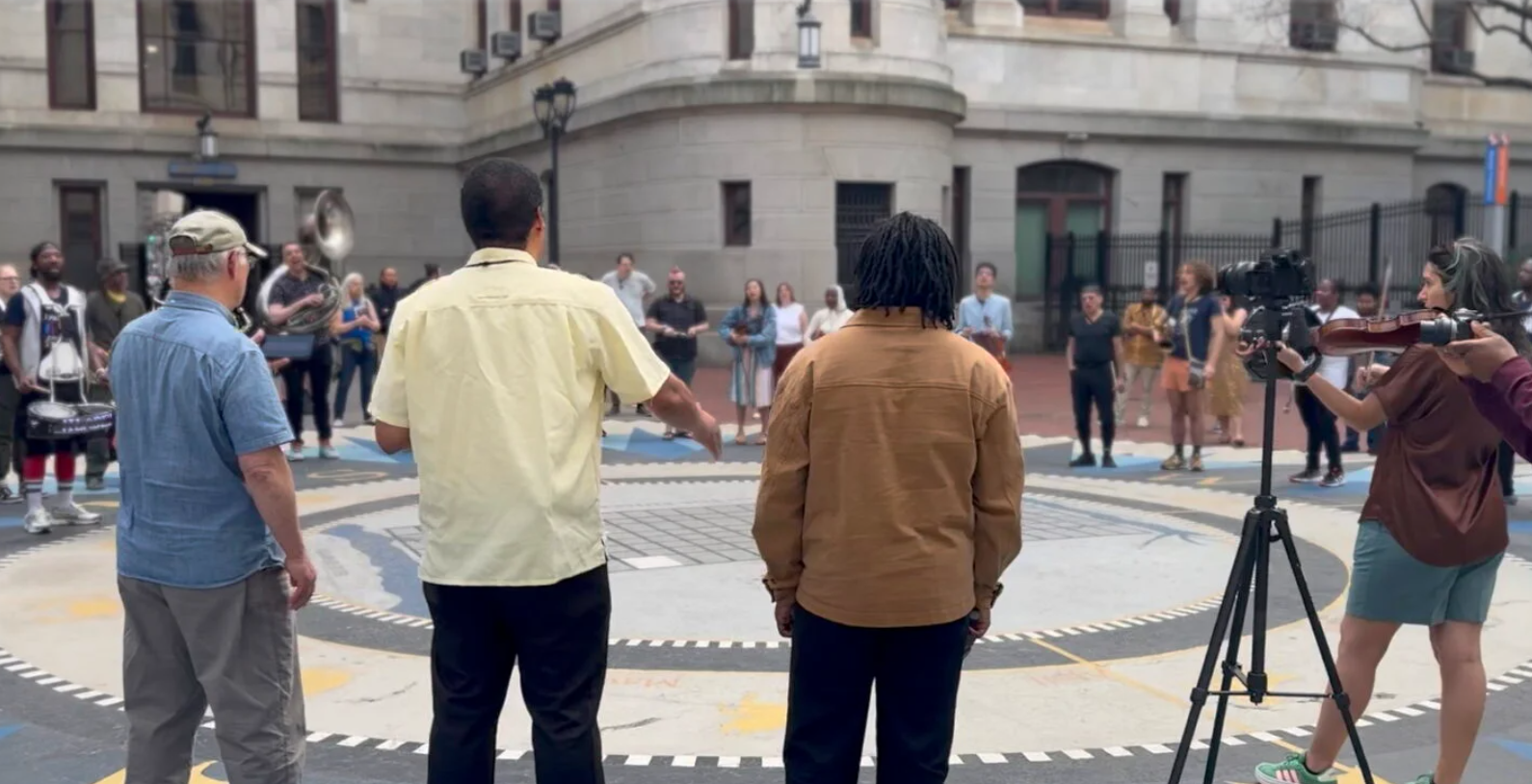
William Dougherty, assistant professor of composition in the UW School of Music, is raising awareness about gun violence through “Hearing Philadelphia,” a community music project aimed at honoring the voices of those affected by gun violence and providing healing. Dougherty, who joined the UW faculty in January 2025, started the Healing Philadelphia project two years ago to help his community through music.
A new Podcast featuring Alumni School of Art + Art History + Design
In each episode, the Back to School podcast welcomes a special guest for an intimate conversation with host Liz Copland (BFA 2009, MA 2022) to reflect on their journey from being a student to a practitioner in their respective field.
Nature, Science, and Environment
Discuss wildlife and environmental adaptation with research and stories from our ArtSci partners.
Those little red hummingbird feeders are driving the bird's evolution KUOW NPR
Alejandro Rico Guevara is one of the foremost researchers on hummingbird bills. He has spent years studying how hummingbirds use their beaks to feed and fight. But his latest research looked at how human actions seem to be driving a high-speed example of evolution in hummingbird bills. Rico-Guevara, assistant professor of biology at the UW and curator of birds at the UW Burke Museum, is interviewed.
The world’s rarest penguins don’t fear the heat. Here's how they learned to embrace it. National Geographic
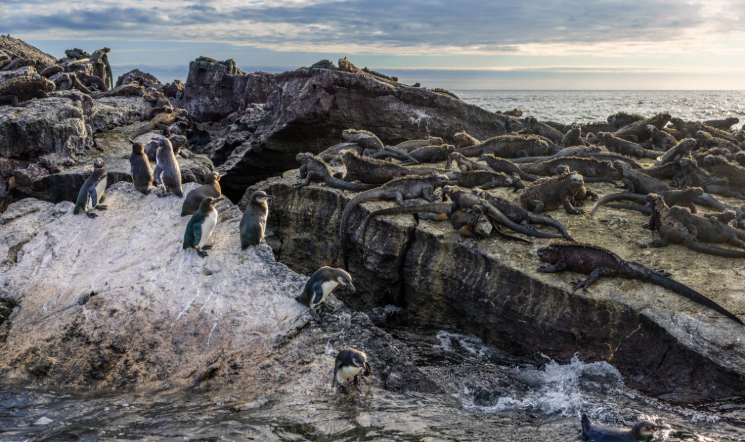
These birds have evolved to withstand the equatorial sun and shelter in volcanic rocks along a subtropical coastline. After 50 years, biologist Dee Boersma, professor of biology at the UW, continues to learn new things about the species.
These two biologists found purpose and love trying to save Nigeria's bats Science
Biologists Benneth Obitte and Inoro Tanshi are exploring Nigeria's bat diversity and trying to save it. Tanshi, a postdoctoral researcher in the UW Department of Biology, is quoted.
Poet of the natural world University of Washington Magazine
Martha Silano, who died May 5 after living with A.L.S. for two years, delighted in the natural world.
Indigenous Knowledge and Representation
Learn with articles from ArtSci centered on Indigenous perspectives, knowledge, and roles.
The importance of Indigenous curators High Country News
Curators are vital to ensuring that museums' Indigenous collections are handled and expanded appropriately. Sven Haakanson Jr. (Alutiiq), curator of Native American Anthropology at the Burke Museum in Seattle and chair of the Anthropology Department at UW, is quoted.
Seattle radio shows boost recognition of Indigenous jazz KNKX NPR
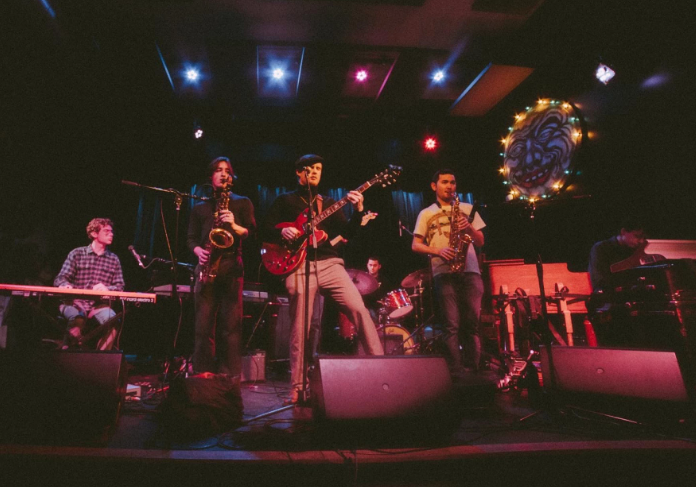
In Seattle, two local radio shows, Indigenous Jazz on Daybreak Star Radio and Sounds of Survivance on KEXP, are joining the efforts to illuminate and celebrate the Indigenous jazz genius. John-Carlos Perea, associate professor of ethnomusicology and an adjunct associate professor of American Indian Studies, is quoted.
Philosophy, Psychology, and Human Connection
Focus on introspective questions and discuss empathy and emotion.
Analysis: Empathy can take a toll but 2 philosophers explain why we should see it as a strength The Conversation
"Empathy can make people weaker both physically and practically, according to social scientists. Consider the phenomenon known as empathy fatigue, a major source of burnout among counselors, nurses, and even neurosurgeons," co-writes Colin Marshall, associate professor of philosophy at the UW.
Do AI chatbots truly understand? IEEE Spectrum
The large language models that power today's chatbots have become so astoundingly capable that AI researchers are hard pressed to assess those capabilities. Do these models genuinely understand our world? Or are they merely a triumph of data and calculations that simulate true understanding? Emily M. Bender, professor of linguistics at the UW, is quoted.
More Stories

What Students Really Think about AI
Arts & Sciences weigh in on their own use of AI and what they see as the benefits and drawbacks of AI use in undergraduate education more broadly.

AI in the Classroom? For Faculty, It's Complicated
Three College of Arts & Sciences professors discuss the impact of AI on their teaching and on student learning. The consensus? It’s complicated.

Bringing Music to Life Through Audio Engineering
UW School of Music alum Andrea Roberts, an audio engineer, has worked with recording artists in a wide range of genres — including Beyoncé.
Explore Stories Across Arts & Sciences Departments
- College of Arts and Sciences
- Burke Museum of Natural History and Culture
- School of Art + Art History + Design
- School of Music
- Department of Biology
- Department of Linguistics
- Center for American Indian and Indigenous Studies
- Department of History
- Department of Philosophy
- Arts and Entertainment
- See 7 More Tags...
